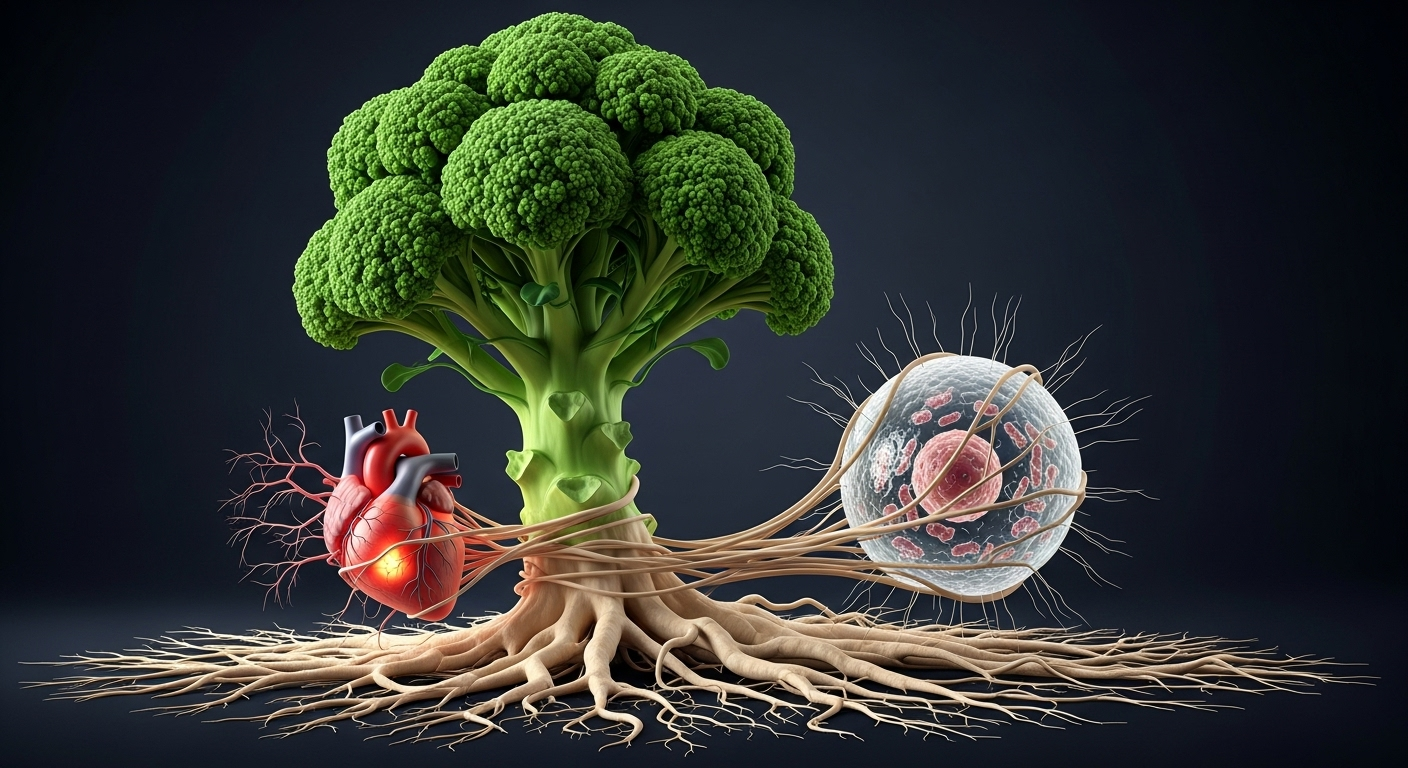Ever felt like the world of health advice is constantly pulling a fast one on you? One day, something’s a superfood; the next, it’s public enemy number one. Just when you think you’ve got it figured out, a new study drops that flips everything on its head. Well, buckle up, because a recent paper from a UCSD scientist is here to do just that, introducing us to a concept so counter-intuitive, it’s been dubbed “Cuomo’s Paradox.”
Imagine this: You’ve been diligently eating your greens, opting for whole grains, and generally living that #healthylife. Awesome! These choices are fantastic for preventing diseases like cancer and heart disease. But what if, after you’ve been diagnosed with one of these conditions, some of those very same “healthy” factors could actually be detrimental to your survival?
Yeah, I know. My jaw dropped too.
This isn’t some wild conspiracy theory; it’s the core idea behind Cuomo’s Paradox, as posited by a UCSD scientist in a new paper. The gist? Factors known to prevent these serious illnesses might actually become harmful once the disease has taken root. It’s like having a superhero who’s great at stopping villains before they appear, but then accidentally makes them stronger once they’re already wrecking the city.
Think about it: many “healthy” foods and dietary patterns are rich in nutrients that support cell growth and repair. Which is, you know, usually a good thing! But if you have cancer, where uncontrolled cell growth is the problem, suddenly providing more fuel for that growth could be counterproductive. Similarly, for heart disease, certain anti-inflammatory compounds might interact differently when the body is already in a state of chronic inflammation or damage.
The paper suggests a general principle: the biological context matters. What’s beneficial for a healthy, preventative state might not be for a diseased state. It’s a fascinating, albeit slightly unsettling, idea that challenges our conventional wisdom about “always healthy” foods.
Now, before you toss out your kale and go on a donut spree (please don’t!), it’s crucial to understand a few things. This research is about survival after diagnosis, not about preventing these diseases in the first place. Sticking to a healthy lifestyle for prevention is still your best bet, hands down. And secondly, this is a posited principle from a new paper, a hypothesis that needs further investigation and clinical trials. It’s a “food for thought” moment, literally, not a new dietary guideline.
So, what’s the takeaway from Cuomo’s Paradox? It’s a powerful reminder that our bodies are incredibly complex, and disease states introduce new variables we’re still trying to understand. It highlights the need for personalized nutrition, especially for those battling chronic illnesses. And perhaps, it’s a gentle nudge to always consult with healthcare professionals who are up-to-date on the latest research, rather than just blindly following general “healthy eating” advice when you’re facing a specific health challenge.
It’s a brave new world of understanding how our bodies work, and sometimes, the answers are surprisingly paradoxical. Keep questioning, keep learning, and keep that curious mind active!
